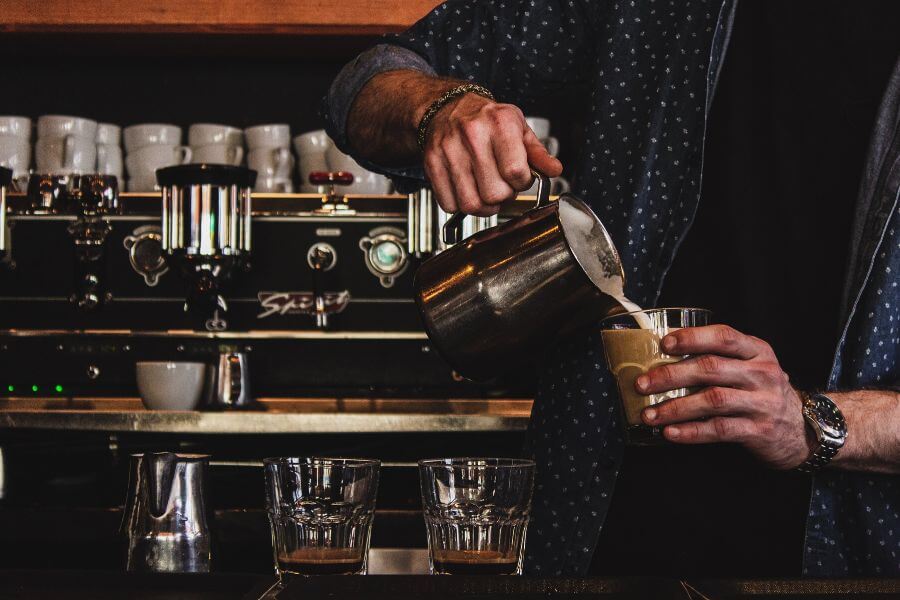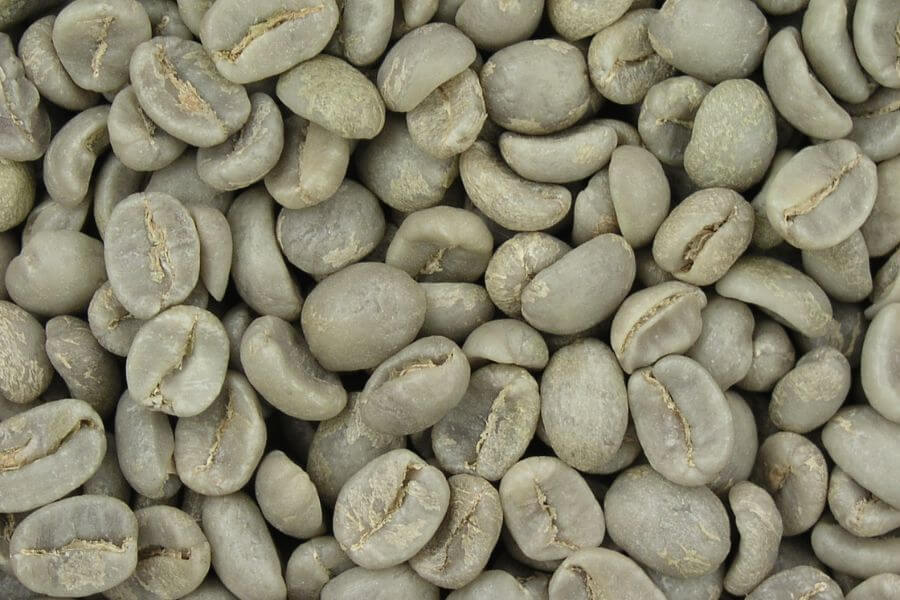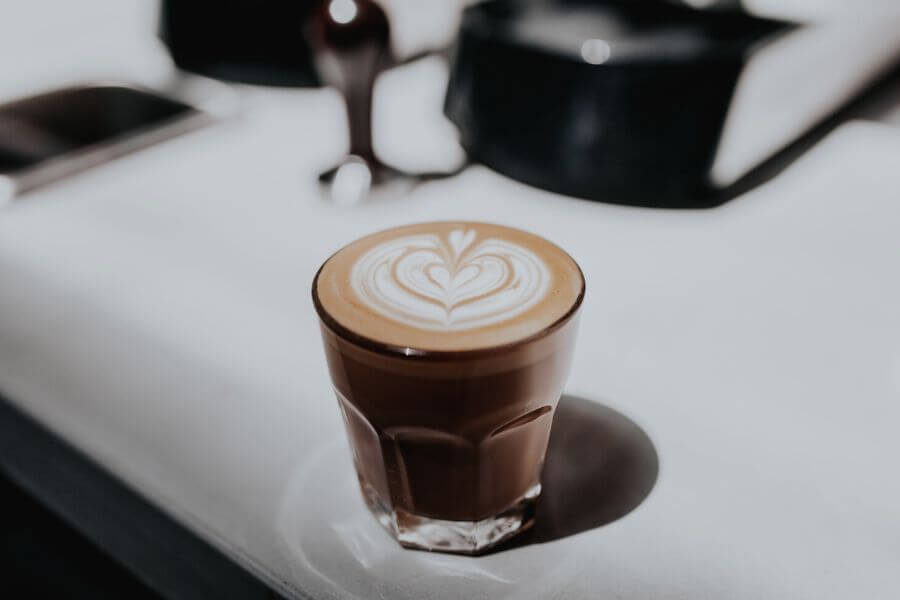How Is Coffee Decaffeinated?
Caffeine is one of the most consumed drugs in the world, and for most of us, it’s forever linked with coffee. However, some people, whether by choice or necessity, prefer to drink the decaffeinated version. Just how is coffee decaffeinated?
The very idea of decaf coffee was once enough to make java lovers cringe, but decaf has come a long way over the years. Processes used to decaffeinate coffee have improved, creating a beverage that tastes much more like its caffeinated counterpart.
While there are no naturally decaffeinated coffee plants, decaf coffee no longer has to be hidden in the back of your pantry. So exactly how is decaf coffee made? Some of the topics we’ll cover include:
Defining Decaf Coffee
Most people assume that decaffeinated java doesn’t contain any caffeine, and that’s actually not true. According to the National Coffee Association, decaffeinated coffee has at least 97 percent of its caffeine removed. While only up to a mere 3 percent remains, it matters to people who want to completely avoid this natural stimulant. A cup of caffeinated coffee has about 95 mg of caffeine, while that same cup of decaf has around 2 mg.
Coffee is decaffeinated before the beans are roasted. This happens at the green coffee stage, after beans have been removed from coffee cherries, but before they’re roasted.

History of Decaf
Caffeine was first identified in the 1800s, by a chemist named Friedlieb Ferdinand Runge. However, for nearly a hundred years, there were no viable attempts to remove caffeine from any food or beverage. How to decaf coffee was not a priority.
A practical process of removing caffeine was discovered in the early 1900s by accident. Ludwig Roselius, head of a coffee company, discovered that a shipment had been soaked with seawater while in transit. When his shipment dried out, he realized it was still drinkable but lacked the caffeine that was normally present. Inadvertently, he had stumbled upon an answer to the question, ‘How do you make decaf coffee?’
Methods Used for Decaffeination
How is decaf coffee made? The earliest processes of caffeine extraction were eventually discontinued because of health risks. However, the methods we find today are more advanced — achieving the desired result without endangering human health.
Solvent-Based
How is decaffeinated coffee made with solvents?
This method employs chemicals to remove caffeine — the most common being methylene chloride and ethyl acetate. Using solvents is an economical solution for manufacturers, which in turn, helps to keep prices low. These chemicals may be used directly or indirectly.
Direct Method
How do they make decaffeinated coffee, using the direct method?
As the name suggests, coffee beans are soaked directly in a solvent. First, the beans are steamed, which makes the beans softer. After steaming, they’re either rinsed repeatedly with the solvent or soaked for a time. As a result, the caffeine is drawn out of the beans.
Indirect
Adopting the indirect method, how do they decaffeinate coffee?
The coffee beans don’t come into contact with any chemicals. Instead, beans are soaked in water to coax the caffeine out. This in the science world, is known as osmosis. The caffeinated water is then separately treated with the solvent. Once the caffeine has been removed, the coffee beans are reintroduced to that solution, allowing them to reabsorb oils and flavors.
Consumers do not ingest these chemicals. Whether direct or indirect practices are followed, the chemicals are removed from coffee beans through rinsing or evaporation. And, any remaining traces are eliminated during roasting. Plus, the two commonly used chemicals for solvent-based decaffeination don’t cause harm to humans.
Swiss Water Process
Swiss water process is the preferred method for chemical-free decaffeination, and it’s most commonly used with organic coffee beans. This practice is based on carbon filtration and water.

How is coffee decaffeinated with water? Coffee beans are soaked in hot water, which causes their caffeine and flavors to flow from the bean to the water via osmosis. The resulting liquid is known as green coffee extract. The caffeine is filtered out repeatedly, while the green coffee extract is recirculated with the beans.
Over time, 99.9 percent of caffeine is extracted. And, because no other chemicals are used, the natural flavors of the coffee are relatively unaffected. However, water processed decaf coffee is time-consuming to produce.
Carbon Dioxide Process
The supercritical carbon dioxide method is a newer approach to decaffeination. How do they take caffeine out of coffee with this method?
As with the other methods, coffee beans are first soaked in water, making it easier to extract caffeine. The beans are then exposed to supercritical carbon dioxide under high temperatures and high pressure. As caffeine is drawn out, the mixture liquifies and evaporates, leaving only the beans.
This technique produces the best results, as there’s very little change in taste. However, it’s also prohibitively expensive, so it’s not an option for many companies.
Pros and Cons of Decaf
Just like the fully caffeinated version, there are pros and cons to drinking decaf. It’s not for everyone, but you can make that call for yourself. How does decaf coffee work? For the most part, like its caffeinated cousin. Minus the caffeine.
Pros
- Helpful if you love coffee, but can’t tolerate caffeine.
- Ideal for those who suffer from caffeine-related sleep issues.
- Jitter-free java.
- Drinkers with sensitive stomachs may be able to tolerate this better.
- Contains most antioxidants found in regular coffee.
Cons
- May use chemicals for the decaffeination process.
- Lacks the energy kick.
- Taste could alter due to decaffeination.

Final Thoughts
Decaf coffee isn’t for everyone. Let’s face it, most of us rely on the coffee/caffeine combo for its stimulating effects. However, for those who want to avoid caffeine, decaf can be a lifesaver.
Let’s recap, how do they make decaf coffee? Decaffeination processes have improved over the years, and thankfully, decaf coffee no longer has to taste like bean-flavored water. Whether your coffee was decaffeinated with solvents, the Swiss water process, or supercritical carbon dioxide, you can be assured that it’s safe for human consumption.
And, while many people mistakenly think decaffeinated coffee is free of caffeine, that label only means removal of at least 97 percent of the drug. So, if you’re someone who has to steer clear of caffeine, you’ll need to do some further research. But you’ll have a head start, as you now know the answer to, ‘How is coffee decaffeinated?’
How Is Decaf Coffee Made? FAQs
Is There Really No Caffeine in Decaf Coffee?
While most caffeine has been removed, a small amount may remain. At least 97 percent of the caffeine must be extracted for a coffee to be labeled as decaf. Your average cup of coffee has about 95 mg of caffeine, but the decaf equivalent contains about 2 mg.
How Is Decaf Made?
There are multiple ways to decaffeinate coffee. The most common and cheapest method is using a solvent to remove caffeine. Other methods include the Swiss water process and the carbon dioxide process.
Is Decaf Coffee Full of Chemicals?
No. Some decaffeination methods do rely on chemicals, but there’s very little trace after the decaffeination process. And, even less remains after roasting — thanks to the high temperatures.
Is Decaffeinated Coffee Bad for You?
Definitely not. Decaf coffee has a similar nutrient and antioxidant profile to its caffeinated cousin.
How Do You Decaffeinate Coffee at Home?
If you’re wondering how to make decaf coffee on your own, you’re going to have to leave that to the professionals. Decaffeination requires proper equipment and materials — such as a solvent, carbon dioxide, or other means of extracting caffeine from coffee beans.
Will Decaf Coffee Keep You Awake?
For most people, decaf coffee will not keep you awake. However, if you’re particularly sensitive to caffeine, it’s possible that the small amount present in decaf could still cause sleeping issues.
Are Decaf Coffee Beans Any Good?
Fortunately, there are plenty of fantastic options for decaf coffee beans on the market. For a few ideas, why not check out our guide on The Best Decaf Coffee Beans.
How Are Coffee Beans Decaffeinated?
By using one of three main techniques:





